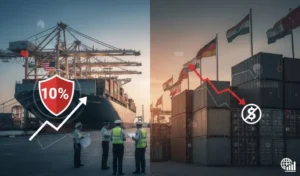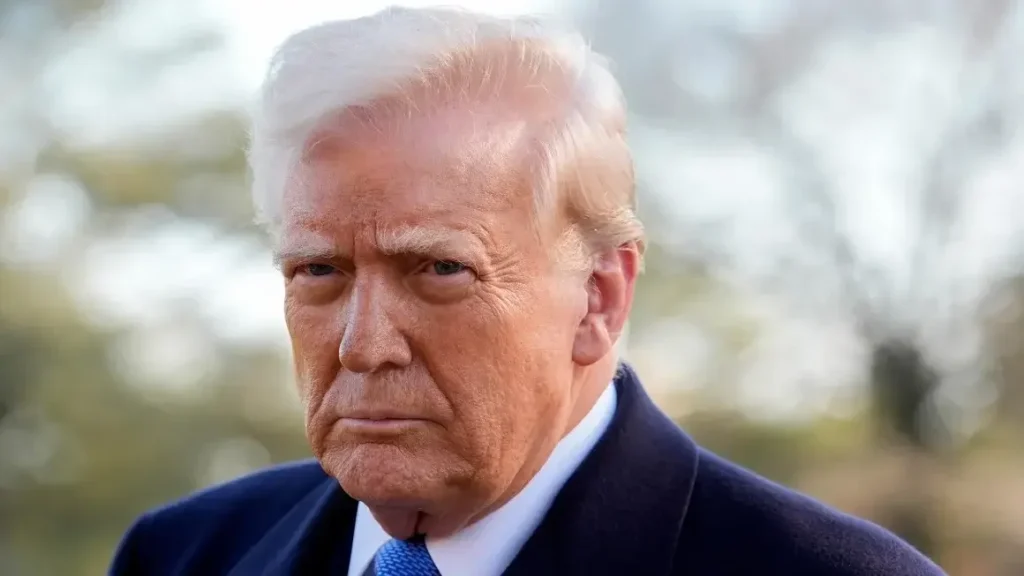Prime Ministers Keir Starmer and Narendra Modi signed a major UK-India trade deal Monday, ending three years of negotiations. The agreement lowers tariffs on key exports like whisky, textiles, and cars, delivering a multi-billion-pound boost to both economies.
Announced at Chequers, Starmer called it “the most economically significant” agreement Britain has signed since leaving the European Union. The deal immediately cuts whisky tariffs from 150% to 75%, dropping to 40% by 2035, opening India’s massive spirits market.
Reduced duties will also benefit UK exports of aerospace parts, lamb, chocolate, and cosmetics, improving global competitiveness. India will gain easier access to the UK for products like footwear, seafood, jewellery, and electric vehicles, spurring industrial growth.
The UK estimates the deal will grow its economy by £4.8 billion annually and create more than 2,200 British jobs nationwide. Indian firms expanding operations in the UK will generate new opportunities while British companies strengthen trade links in India.
The deal also includes provisions on illegal migration, criminal records sharing, and joint crime-fighting efforts. A clause exempts temporary workers from paying social security twice, though critics worry this could unfairly undercut British jobholders.
Business Secretary Jonathan Reynolds rejected that claim, stating Indian workers would still incur extra visa and NHS-related costs. Negotiators reached consensus despite lingering disagreements over financial services and environmental taxes on high-carbon industry imports.
Starmer said Britain and India will keep expanding collaboration in defence, education, climate change, and emerging technologies. Modi praised the agreement as a “blueprint for shared prosperity,” noting gains for India’s engineering and textile exports.
The UK parliament must still ratify the agreement, which will take at least a year before it fully activates. The deal demonstrates Britain’s global trade ambitions post-Brexit, reinforcing India’s growing influence in international commerce and policy.








